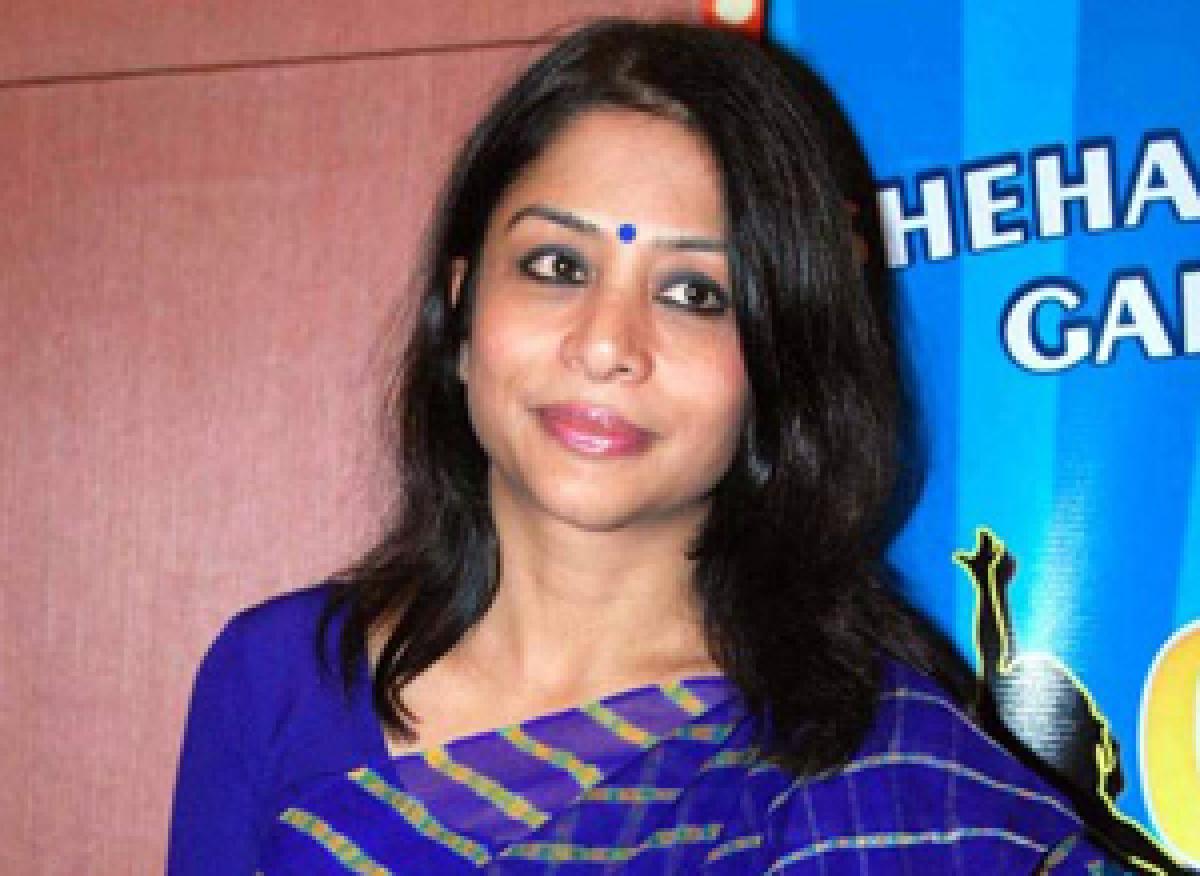Live
- GMR Airports Unveils AI-Powered Digital Twin Platform to Transform Airport Operations
- India poised to become leading maritime player: PM Modi
- Top Causes of Kidney Stones and How to Recognize Silent Symptoms
- India’s renewable energy capacity logs 14.2 pc growth at 213.7 GW
- Winter Session of Odisha Assembly adjourned sine die
- Biden calls Trump's tariff approach 'major mistake'
- After Drama Over Eknath Shinde’s Chief Minister Race, Maharashtra Cabinet Formation Faces New Tensions
- Egyptian FM, Blinken discuss recent developments in Syria
- Iran's supreme leader says Syria's developments result of US-Israeli 'plot'
- Elon Musk to Purchase $100 Million Luxury Mansion Next to Donald Trump's Mar-a-Lago, Report Reveals
Just In

Troubled past behind Indrani’s extreme acts. As reports about the alleged parental abuse of Indrani Mukerjea – the mother and the prime suspect in the murder of her daughter Sheena Bora – during her childhood emerge, experts say that effects of extreme negative parenting may have crept deeper into her personality, turning her into a cold-hearted person.
 According to experts, female victims of chronic abuse in their childhood may sometimes start identifying with the perpetrator and may take on the behavioural patterns of the perpetrator
According to experts, female victims of chronic abuse in their childhood may sometimes start identifying with the perpetrator and may take on the behavioural patterns of the perpetrator
New Delhi: As reports about the alleged parental abuse of Indrani Mukerjea – the mother and the prime suspect in the murder of her daughter Sheena Bora – during her childhood emerge, experts say that effects of extreme negative parenting may have crept deeper into her personality, turning her into a cold-hearted person.
“With many failed relationships behind her, Indrani may have developed a maladaptive coping mechanism. Such persons struggle with dysfunctional personality issues, poor impulse control and an inability to think ahead about the consequences of their actions,” said Dr Sameer Malhotra, Director (mental health and behavioural sciences) at Max Super Speciality Hospital in New Delhi.
“Since the mother-child bond was not nurtured and she had no rapport with her children, it is possible that she did not regard them as family but saw them only as adversaries out to destroy her life and achievements,” he opined. According to experts, female victims of chronic abuse in their childhood may sometimes start identifying with the perpetrator and may take on the behavioural patterns of the perpetrator.
“Anger, frustration and feeling of being wronged can make them feel negative towards the world at large and their own environment in general making them negative people,” noted Dr Jyoti Kapoor Madan, consultant (clinical psychology) at Paras Hospitals in Gurgaon. Victims of childhood sex abuse are often guilt-ridden and angry for what happened to them.
This disturbs relationship with parent figure with the possibility of fear of parental responsibility, low confidence as a parent or confusion regarding parent's role. “Their self esteem can touch extreme low and hence may make them overtly critical of themselves,” Dr Madan said. A child understands unpleasant experience as a punishment and hence feels responsible for them.
“As the victim grows, the troubled past continues to make them vulnerable to self loathing and negative appraisal of self as well as the world,” she commented. Loss of trust in relationships and anxiety can make one extremely angry at oneself as well as the world at large. The victims have poor stress coping ability and may have difficulty in areas of emotional control and behavioural impulsivity, she explains.
New research from University of Rochester in New York has suggested that an abused kid can turn into a narcissist parent who yells, hits or show other kinds of negative parenting behaviour. “We know that maltreated children can have really low self-esteem,” said Louisa Michl, lead researcher of the study published in the journal Child Maltreatment.
According to Dr Samir Parikh, director of mental health and behavioural sciences at Fortis Hospital in New Delhi, although several factors are involved for a person to commit a heinous crime like murder, “right counselling can help improve parenting skills in such people.” The victims of childhood abuse have repressed memories and emotions that may express in the form of various psychological and psychosomatic problems.
Children learn emotional and interpersonal skills through experience gained from environment which constitutes parents and immediate family. Any negative interaction has a great impact on child's eventual personality and adult behavioural patterns, experts commented.
“If a child repeatedly receives negative messages through abusive language, physical violence or sexual abuse, he or she learns to expect the same from environment as an adult and, therefore, their coping skills are mostly aimed at defending themselves from the hurt caused by negative experiences,” they elaborated.
As an adult, this child would need to develop a trust that the world was not a threatening place. This is where therapy helps. “They need support, guidance and therapy to derepress negative emotions and build self esteem and trust in order to develop positive relationships,” Dr Madan advised.
By Nishant Arora

© 2024 Hyderabad Media House Limited/The Hans India. All rights reserved. Powered by hocalwire.com







